 Title: Revolutionizing the Pharmaceutical Industry: The Impact of Automated Drug Manufacturing Machines
Title: Revolutionizing the Pharmaceutical Industry: The Impact of Automated Drug Manufacturing Machines
In recent years, the pharmaceutical industry has witnessed a paradigm shift in the way drugs are manufactured, thanks to the advancement of automated drug manufacturing machines. Among these machines, the table press machine and capsule filling machine have emerged as key players in revolutionizing drug production processes.
One of the most essential machines in pharmaceutical manufacturing is the table press machine, also known as the tablet press. This machine is responsible for compressing powdered ingredients into tablets of precise shapes and sizes. With the introduction of modern table press machines like the TDP (Tablet Press) and THDP (High-Speed Tablet Press), pharmaceutical companies are now able to mass-produce high-quality tablets at a significantly faster rate compared to traditional manual methods.
The TDP series of table press machines, for example, have revolutionized the tablet manufacturing process with features such as automated feeding, pressing, and ejection of tablets. These machines can produce thousands of tablets per hour, ensuring consistent quality and efficiency in drug production. Similarly, the THDP machines are designed for high-speed production, making them ideal for large-scale pharmaceutical companies looking to meet high demands.
On the other hand, capsule filling machines have also played a crucial role in automating drug manufacturing processes. These machines are used to fill empty capsules with the required dosage of powdered or liquid medication. By utilizing advanced technologies and precision dosing mechanisms, capsule filling machines ensure accurate and uniform filling of capsules, minimizing human error and maximizing efficiency.
The integration of automated drug manufacturing machines like the table press and capsule filling machine has not only improved the quality and consistency of pharmaceutical products but has also increased production capacity and reduced production costs for pharmaceutical companies. With these machines, pharmaceutical companies can now streamline their manufacturing processes, reduce labor-intensive tasks, and focus more on research and development.
In conclusion, the introduction of automated drug manufacturing machines such as the table press machine and capsule filling machine has brought about a significant transformation in the pharmaceutical industry. These machines have not only enhanced productivity and efficiency but have also raised the standards of drug quality and consistency. As technology continues to advance, we can expect further innovations in automated drug manufacturing that will continue to shape the future of pharmaceutical production.

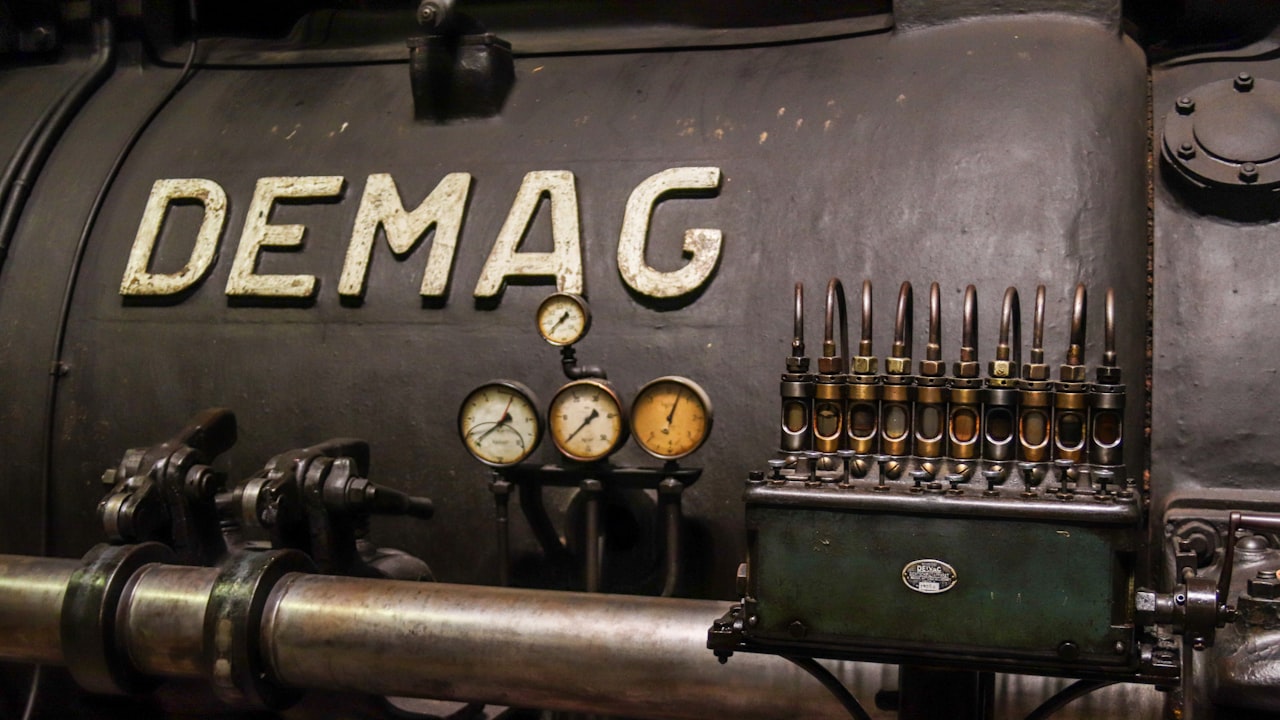 Title: The Evolution of Pharmaceutical Machinery: Revolutionizing Drug Production
Title: The Evolution of Pharmaceutical Machinery: Revolutionizing Drug Production Title: The Role of Pharmaceutical Machinery in Modern Drug Manufacturing Industry
Title: The Role of Pharmaceutical Machinery in Modern Drug Manufacturing Industry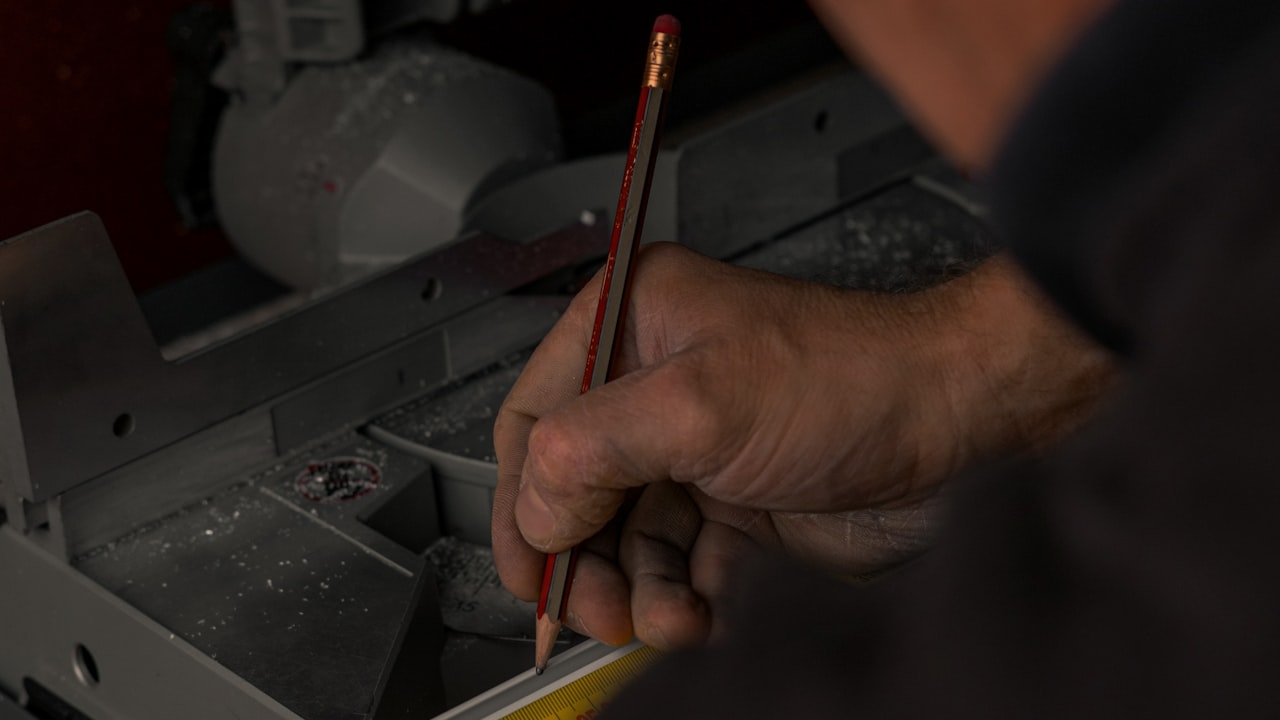 Title:
Title: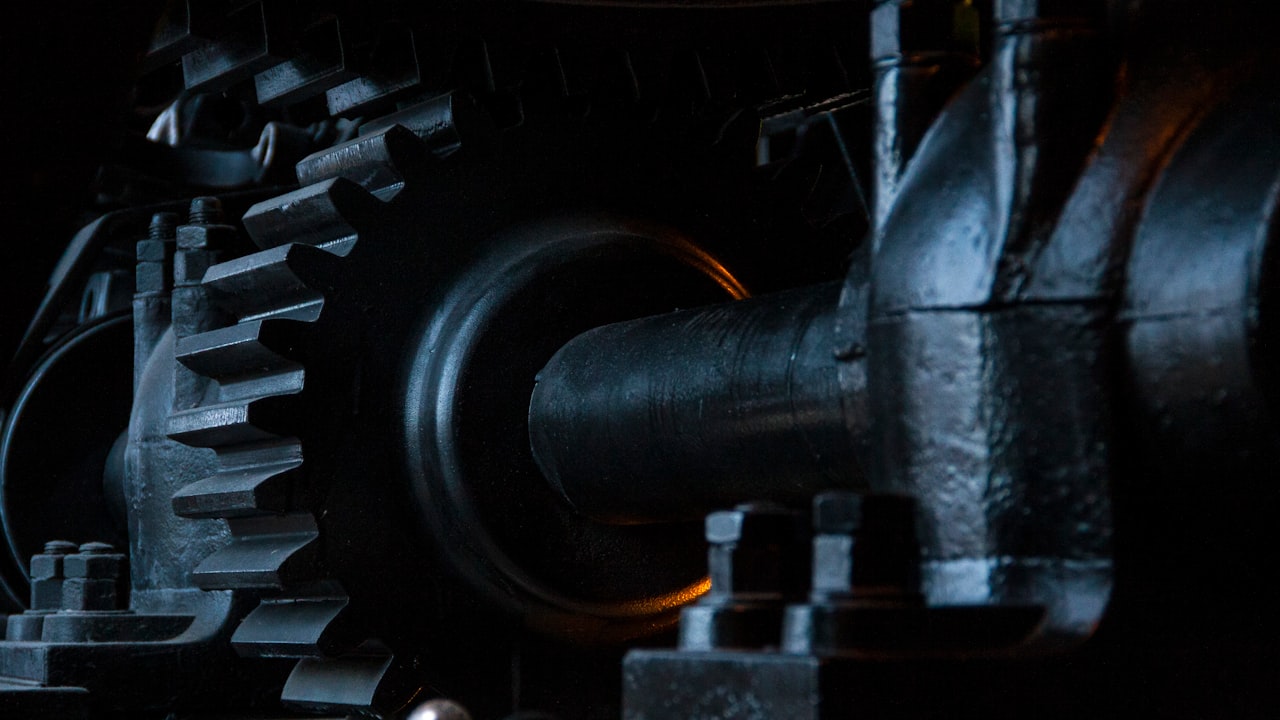 Title: “The Role of Pharmaceutical Machinery in Drug Manufacturing”
Title: “The Role of Pharmaceutical Machinery in Drug Manufacturing” Title: Revolutionizing Pharmaceutical Manufacturing With Advanced Pharma Machinery
Title: Revolutionizing Pharmaceutical Manufacturing With Advanced Pharma Machinery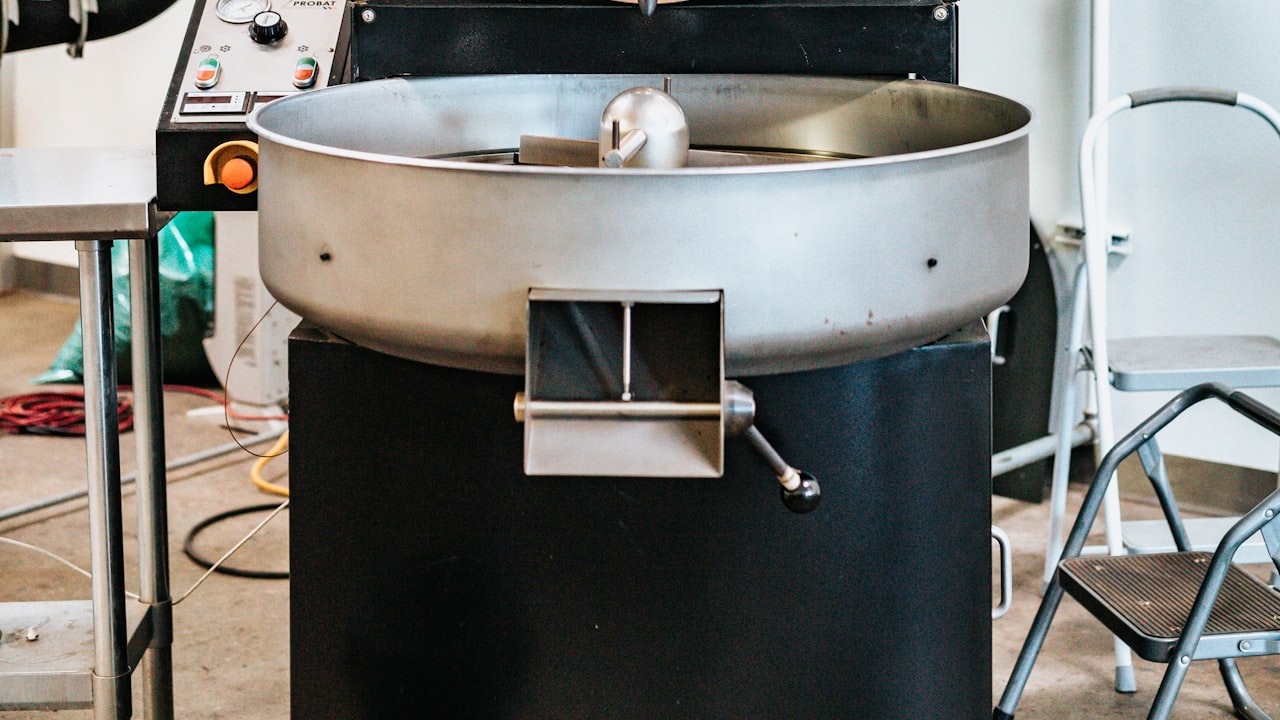 Title: Revolutionizing Pharmaceutical Production: The Role of Pharmaceutical Machinery
Title: Revolutionizing Pharmaceutical Production: The Role of Pharmaceutical Machinery Title: The Role and Importance of Pharmaceutical Machinery in Modern Healthcare
Title: The Role and Importance of Pharmaceutical Machinery in Modern Healthcare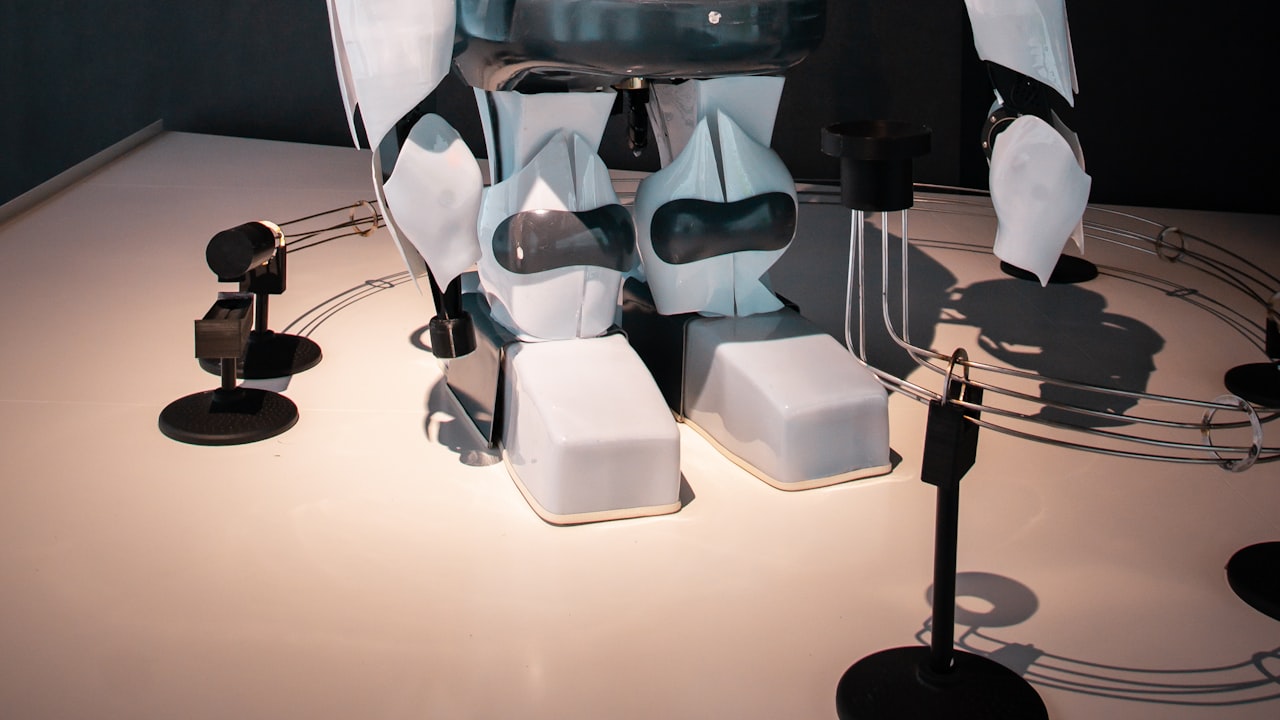 Title: “The Evolution of Pharmaceutical Machinery: A Technological Journey”
Title: “The Evolution of Pharmaceutical Machinery: A Technological Journey”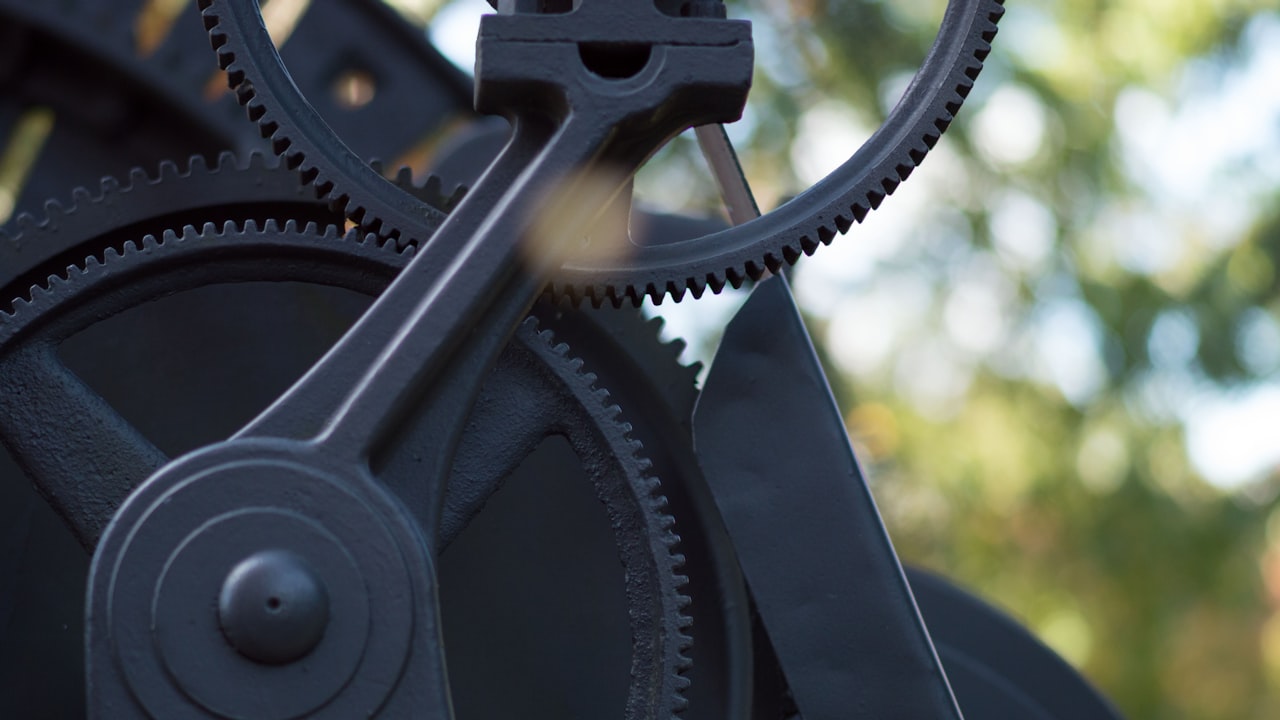 Title: **The Role of Pharmaceutical Machinery in Modern Medicine Production**
Title: **The Role of Pharmaceutical Machinery in Modern Medicine Production**



